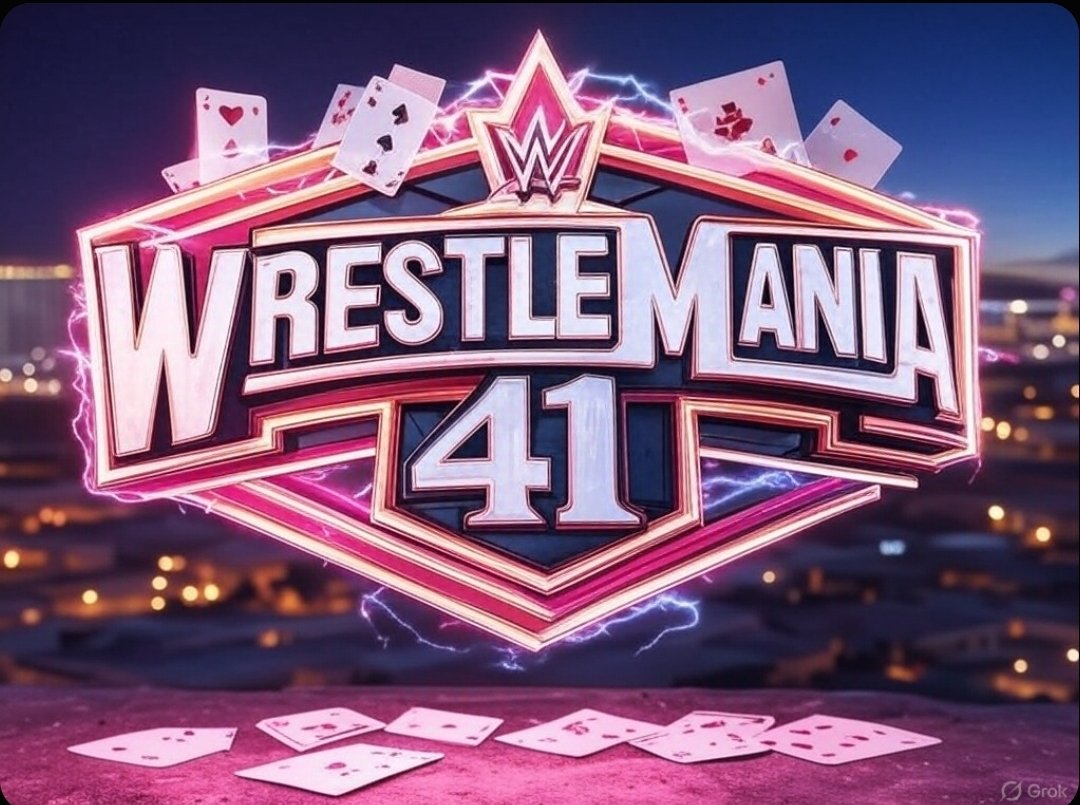
Ryan Garcia Slams Olympics & LGBTQ Community with Controversial Statements
Freedom of speech is a foundational principle within many societies, particularly in the United States, allowing individuals to express their opinions without fear of government retribution.
However, the freedom to express oneself does not equate to freedom from consequences, especially for public figures whose statements can influence public sentiment and behavior. In this essay, I will examine the recent controversy surrounding Ryan Garcia, an iconic boxer, who came under fire for a series of tweets that contained homophobic and derogatory language directed at the LGBTQ+ community and the Paris Olympics.
I will argue that while Garcia has the right to express his personal views, especially position as an individual American citizen regardless of being a public figure comes with the responsibility to promote his platform and views, but with that the public has an expectation respect and tolerance, whether or not they receive that is one thing to be determined.
Argument I: Impact of Influencer’s Words on Society
Firstly, it is essential to consider the significant influence that public figures have on societal norms and the potential harm their words can cause.
In a digital age where social media serves as a global platform, statements made by celebrities can reach millions in seconds, shaping public opinion and possibly inciting discriminatory attitudes.
Garcia’s tweets have not only spread derogatory sentiments but have also implicitly encouraged those who believe in the same as he does about the gay community to be empowered in their beliefs. With rhetoric by any famous person out there there’s always a possibility a person may adopt similar disdainful views towards the LGBTQ+ community or it may not.
People can think for themselves, but the power of rhetoric and the power of an influencer whether they be political or not political have influence nonetheless.
Historically, stigmatization perpetuated by influential individuals has led to the ostracization of minority groups, which can result in real-world discrimination and violence against these communities.
Argument II: The Ethical Responsibility of Public Figures
One could argue that Ryan Garcia, as a high-profile athlete, should consider the ethical implications of his public communication. Public figures, by virtue of their status, act as role models, whether intentionally or not.
Their actions and words often carry more weight than those of a private individual simply because of their status and platform. By employing hateful rhetoric, Garcia breaches the ethical responsibility that accompanies his platform – to lead by example in promoting a culture of respect and tolerance.
It is incumbent upon figures like Garcia to acknowledge the power of their words and to use their influence to unite rather than to divide.
Argument III: Misinterpretation and Misrepresentation of Religiosity

Garcia’s comments derive from his interpretation of religious doctrine, citing “disrespect of Jesus Christ” as a driving motive behind his condemnation.
However, it is crucial to recognize that such statements are his interpretations and millions if not over a billion people who practice the relationship between them and Jesus Christ and the respective Christian belief.
It’s fair to say everyone’s individual beliefs are not representative of the entire faith. Jesus preaches love not hate. Many religious groups and individuals advocate for inclusivity and love, rejecting the notion that hatred toward any group is a religious imperative.
By conflating his personal beliefs with the teachings of a larger faith, Garcia misrepresents Christianity, potentially alienating fellow believers who do not share his views in this moment of anger because of the disrespectful Olympic intro in Paris France.
There are those that say he will alienate all Christians and or further divide those who reject Christianity. Some will use their hate for Christianity to further push their agenda that Christianity is divisive when it’s a human being who is responsible for that divisiveness.
Argument IV: Consequences of Hate Speech
While Garcia’s tweets are protected under freedom of speech, they veer into the territory of hate speech, which can have severe repercussions especially in this cancel culture environment that we live in, whether it’s justified or not.
I am a firm believer that we don’t have the First amendment to protect us for saying how good the weather is, I’m a believer that we have the First amendment to protect us to say whatever the hell we want regardless if it’s hateful. This is where people begin to get upset because they can conflate morality with lawfulness and throughout history both those things have not always been cohesive.
Yes, speech can incite others to discrimination, hostility, and violence. It can contribute to the marginalization of vulnerable groups, such as those within the LGBTQ+ community, and reinforce systemic inequalities.
Moreover, by publically demeaning a segment of his audience, Garcia does alienate potential followers and damages his own brand from becoming more meaningful, take that as you will. Some could say that Garcia could have been a source of inspiration and unity in a sport that thrives on a diverse fan base.
Argument V: Freedom of Speech and Accountability
Advocates of Garcia’s right to express his opinions may point to the notion of freedom of speech. However, it is crucial to differentiate between having the right to speak and the freedom to do so without accountability. The concept of freedom of speech does not shield individuals from social repercussions that may arise as a result of their expression.
As Garcia exercises his freedom to express controversial views, society, in turn, exercises its right to hold him accountable for the content and possible consequences of his speech. It is a symbiotic relationship where each action provokes a reactionary response, underscoring the importance of thoughtful discourse.
Argument VI: The Power of Apology and Growth
The story need not end with Garcia’s inflammatory remarks. Public figures who have made mistakes have the opportunity to grow and to lead by example in the art of apology, reparation, and transformation.
In recognizing the impact of his words and choosing to learn from this experience, Garcia could take responsibility, engage in meaningful dialogue with affected communities, and become an advocate for tolerance and understanding. It is often through the acknowledgment of our wrongdoings that we demonstrate true strength of character and pave the way for others to follow suit.
My Take
In a society that is increasingly interconnected by technology, the words of individuals, especially those in the limelight, carry significant weight. Ryan Garcia’s tirade really should not have been against the LGBTQ+ community, But his words should have been heavily aimed at the Paris Olympics as he called for a boycott against the entire ceremony.
Ryan is free to voice his personal beliefs, it is incumbent upon him to do so In any manner he wishes to do so, but as I stated previously there can be consequences in how the public perceives them, some may see them as testament to their beliefs and some may see the comments as inciting hatred or violence against a group.
As we progress as a society that values diversity and equality, it is crucial that public figures like Garcia recognize the detrimental impact of their words and work towards fostering a culture of acceptance and kindness. But the public whose criticizing Garcia for his comments, must also look in the mirror for a reflection of maybe something they’ve done that did not please somebody else or their friend groups.
By analyzing the implications of Garcia’s actions, it becomes evident that there is much work to be done in promoting tolerance and understanding and that this work is a collective responsibility, starting with those who have the most significant voice.





One Comment
temp mail
“Remarkable piece of content! Your expert analysis and clear communication make complex concepts easy to grasp. This is definitely going in my bookmarks.”